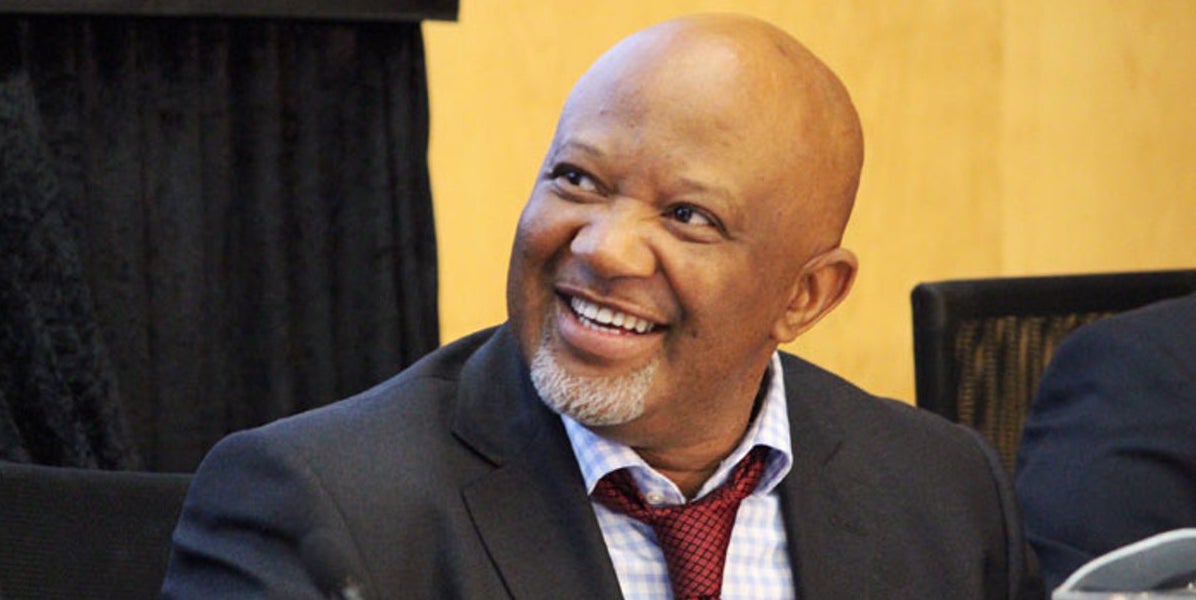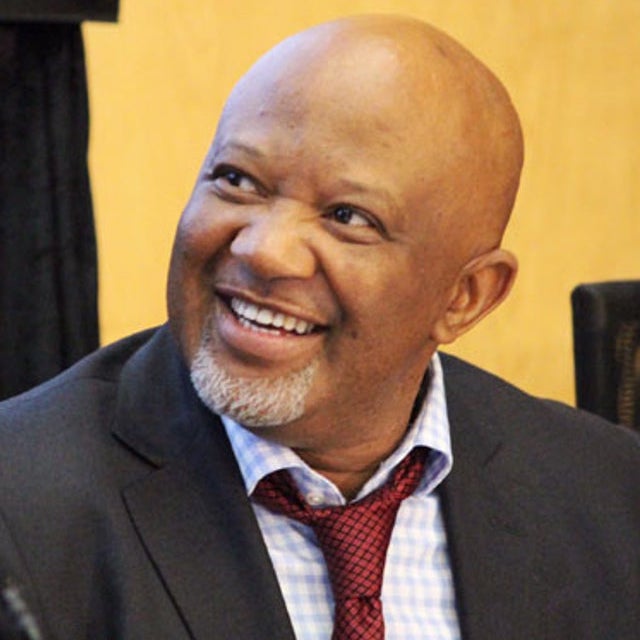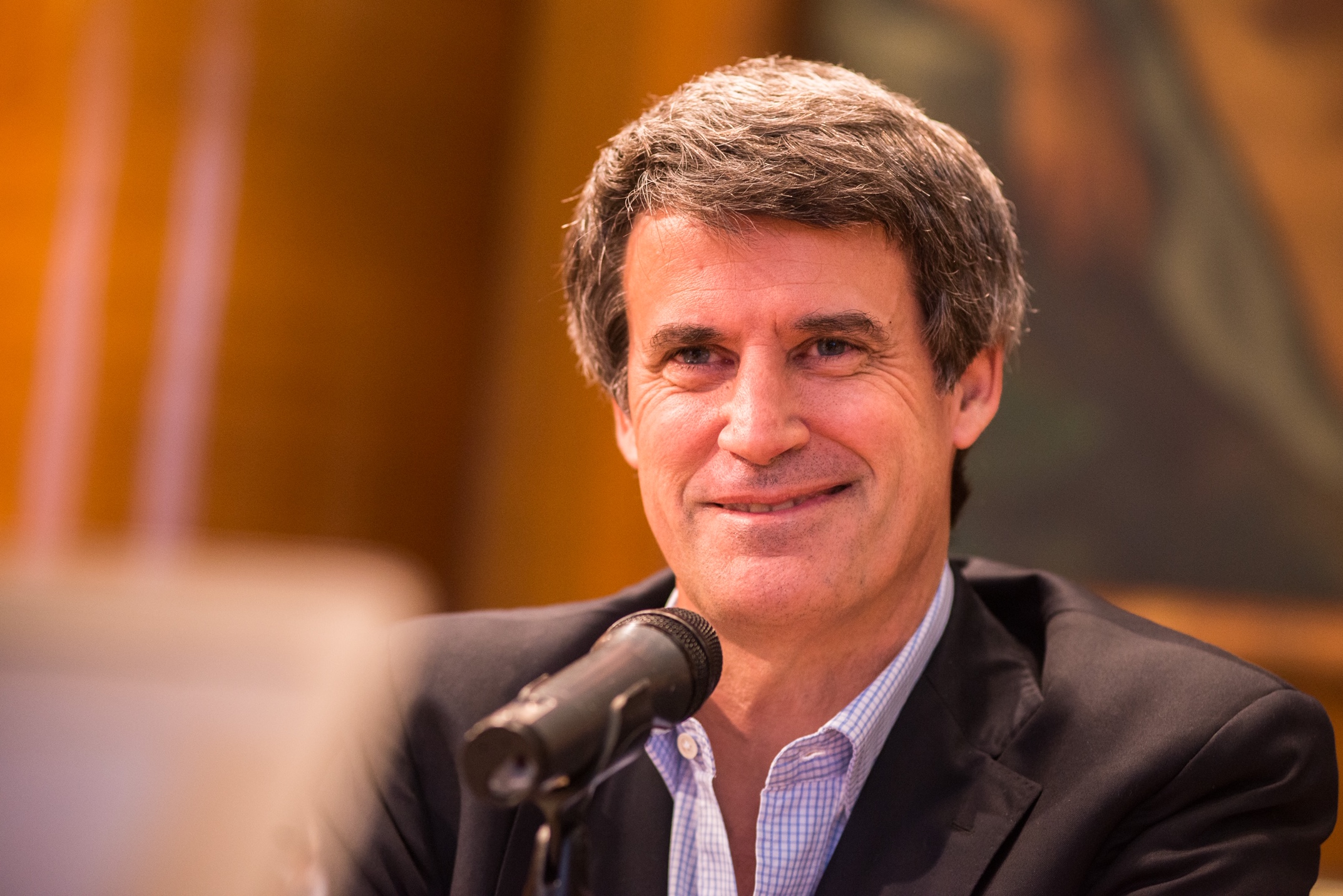News
It's time for a clear and unifying national agenda
It is time for all to start speaking the language of growth and job creation, and for institutions to ensure that we walk the talk.

While this month has seen dramatic and dystopian developments in South Africa, a different future is possible. To get there, we need to focus on growth and jobs. In this, there is a responsibility for labour, government and business. But we need to cast aside old divisions and default positions to move forward.
South Africa is under considerable economic strain, brought on by the failure of key state-owned enterprises (SOEs). SAA, facing financial ruin, has now been placed in business rescue – the last hope of saving the company from creditors. Prasa, also collapsing under the weight of debt and corruption, is now under administration. And Eskom has had to implement load shedding up to stage 6 for the first time ever as its fleet of power stations struggles to produce a sufficient power reserve margin to prevent a collapse of the grid.
There have been bright moments such as the Springbok victory at the World Cup in Japan and Miss South Africa’s victory at Miss Universe, but these waves have washed onto the shores of bad tidings.
The growing list of failing state institutions is causing the spread of a new national mindset characterised by pessimism and dejection. But there is another way of viewing this swathe of bad news.
SAA, Prasa and Eskom – as well as a slew of other SOEs – were subjected to a decade of brazen looting, maladministration and corruption, driving up their debt and replacing competent administrators with cronies there to siphon off wealth.
It is only because of the action that has been taken over the last two years to clean up their boards and subject them to more rigorous discipline, that we have finally seen the true state of their decline.
Some might argue that these reforms and interventions have come too slowly. Yet they are the only hope for restoring these entities to their rightful position as key elements of the infrastructure we need to power up growth.
We need to be careful that, in our pessimism and criticism of the pace at which things are being done, we don’t end up reinforcing the absurd narrative that they are failing because of the actions that have been taken to clean them up.
It is time for us to take the national conversation back from those who seek to disable and disrupt, and profit from chaos in governance.
It is time to cease being held hostage by those who want to profit from our troubled past. Instead, we must build our national identity and play to our strengths. This requires an inclusive narrative, to focus what unites and not that which divides us. To deal with the past, this narrative should be forward-looking, engaging with the possibilities of global growth, not fearing its effects, and focused on equipping a society with the skills fit for purpose.
The founders of our nation stated that “South Africa belongs to all those who live in it”. This is non-negotiable. We can no longer debate what it means to be a South African. We can no longer allow for narratives that talk about “us” and “them”.
We must accept that we are all part of the problem and without a sense of common purpose, of identity and belonging, there will be no solution.
In our time, we have seen incredible examples of South Africans pulling together. We have stood together in celebration, and come together in the face of crisis. We have a collective resilience second to none.
We delivered a political transformation when many expected chaos and collapse. We have excelled on the sporting field, punching above our weight. We produce leaders in global fields with regularity.
We always make a plan.
We have a national skill for solving big problems, for staging big events and we never shy away from saying things as they are.
Diversity can never be permitted to divide us. It is the source of much of our strength. We can do this by embracing our diversity of opinion and strengthening those ensuing institutions which protect and ensure accountability and competitiveness of ideas.
This is also essential to holding government to account, to ensuring that public resources are used for the public good and to shaming the looters and the criminals who want to turn the state into an ATM machine for their criminal enterprises.
Let us not forget that it was the voice of civil society and of some of our independent institutions that stopped state capture in its tracks.
We must also embrace our diversity of expertise and accept that we all have different roles to play in the building of our nation. No one can do this alone.
Government, business, labour and civil society need each other if we are going to move from talking past each other to implementing our vision, our desire for a better, more inclusive society. This will have to come from within, and through cooperation. We have for too long looked to others to blame for the state of our nation, and looked to others for solutions. We need to look critically at ourselves, to introspect and ask in all our corners: What can we do to bring shared prosperity to all South Africans?
This idea of shared prosperity cannot be a vision alone. The extremities of deprivation and inequality found in South Africa requires us to act and spell out what needs to be done.
Overall, there is a need for a growth agenda, where spending moves from consumption and redistribution to investment. This requires a clear sense of direction, of national purpose.
We need to clearly allocate specific responsibilities in the creation of a new social compact.
Government must clean out its stables. We have to accelerate our turnaround of Eskom, SAA and other parastatals. Government has to focus on improving efficiencies, cutting the red tape and regulations that are strangling small and medium enterprises. It has to work faster and harder at removing obstacles to investment, and must find the means to improve basic security, without which normal lives and commerce is at constant risk. On Eskom, it must unshackle Independent Power Producers, allowing them to meet the energy shortfall, which can only grow as our older power stations are cycled off the grid.
Most importantly, government must adopt a laser-like focus on growth and jobs. We must test every action, every proposed piece of legislation, every regulation against the simple question: Will this grow the economy and create jobs?
To do this, we have to create the conditions for business to flourish. Our institutions of government need to be structured to target investors and to coordinate government, not making these a preserve of particular ministries, but a national project.

Government must strive for excellence in education. Only this can position the next generation for success in the global economy. We cannot allow higher education, in particular, to be dragged down by the fractiousness around fees. Rather, our institutions of higher learning need to be catalysed by renewed investment and the setting of ever-higher standards.
But, if it is to succeed, the responsibility for change must be a national endeavour. Business must also play its part. It is time to be bold, to take government at its word when it says it wants a growing, thriving private sector that creates jobs. Many more in business need to start believing that this is a country where you can invest and do well, provided you are helping the country grow and create jobs.
Big business must recognise the role it must play in supporting economic diversification, in promoting innovation in partnership with government, and in enabling new entrant firms to access global markets and value chains.
The trade unions must, too, play their role. They must be more strategic in their orientation, and take more care with the range of factors that foster industrial competitiveness. This will necessitate working more closely with the management of businesses to grow productivity and competitiveness.
It is time for all to start speaking the language of growth and job creation, and for institutions to ensure that we walk the talk.
Civil society must continue to be a loud and active voice in our country’s life. When government fails, speak out. When business fails, speak out. When trade unions fail, speak out.
All of us – government, business, labour and civil society – have shared, collective priorities. We must focus on implementing the aspects we agree on, rather than being stuck on the old shibboleths and other things we cannot agree on.
We must become a more open nation. Our visa and immigration policies must reflect this. We must welcome with open arms the skills, diversity and solidarity that our fellow Africans add to our society when they choose to enter our country.
To this end, foreign policy should be tasked to end crises in our region as a number one priority. Solving the crisis in Zimbabwe is not just about ending injustice against fellow Africans. It will help to lift and grow the region, and be a positive example of regional cooperation and integration. Africa’s success is our success.
We need to move away from the reflexive conversations that characterise our political dialogue and policy choices. These must instead be emboldened by a sense of urgency which reflects the extent and depth of our current crisis.
To do so, to own our future, we need to own our past. It is time for a fresh narrative, one which proudly declares: We are all South Africans and we are greater than the sum of our parts.
This article was originally published on The Daily Maverick.
Photo credit: Reuters | Mike Hutchings


